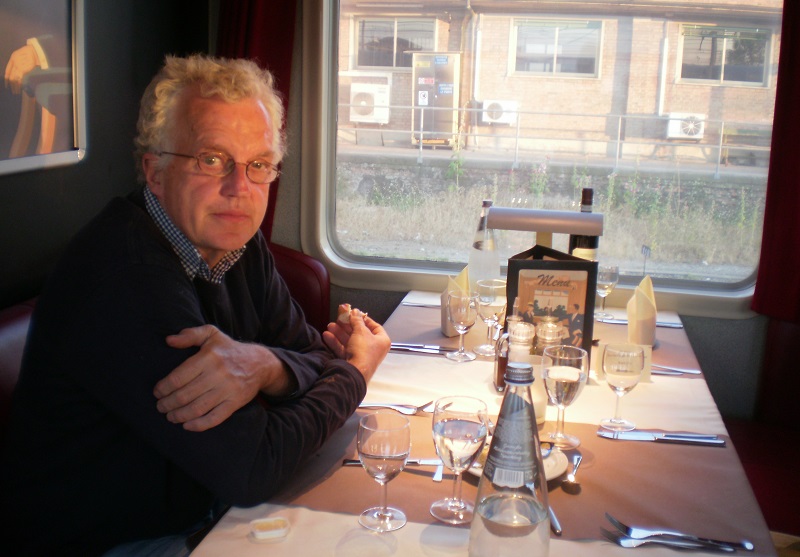When the railways were privatised, one of the few promises I believed was that the new companies would be more customer focussed and consumer friendly. I could not have been more wrong. In the early days a few companies did, indeed, try to provide a better service and I dare say some even trained their staff on how to treat their customers as, well, customers.
Even then, though, there was not the step change from BR that most industry watchers had expected. Sure, a few like GNER and Chiltern tried but mostly the service was much as it was before. Now, things are undoubtedly much worse. Just as once the Conservatives gained a reputation as the Nasty Party, the railway industry seems to be fast becoming the Rude Railway. The demands for high levels of premium payments and the realisation that they have a captive audience has hardened the attitude of train companies to their passengers. Service no longer seems a consideration.
On a recent journey to Guildford, the only announcement on leaving Waterloo was to warn passengers that a penalty fare would be imposed on anyone foolhardy enough to have boarded the train without a ticket. Nothing to welcome people aboard, tell them where the train was going or say whether refreshments were available (they weren’t). The on-train destination board, incidentally, on the return journey gave conflicting information with the guard’s correct announcement about which stations the train was calling.
Then the next day, much worse was to follow. My partner and I were heading for Gomshall, a couple of stops down the line towards Gatwick Airport, on the 9 42 am from Guildford. There is only a train every two hours, so we made sure we were there in plenty of time, which was fortunate since the entrance to the station from the car park was locked and we had to cycle rapidly round to the other side.
The train, operated by First Great Western, was shown as being on time, but 5 minutes before its arrival, with no announcement, the information board displayed a 15 minute delay. This was not credible since another train was scheduled to be on the same platform one minute before and so it proved. A few minutes later (at around 9 50 am) the board said the service was cancelled. This was apparently due to staff shortage but given that it was scheduled to leave Reading at 9 01, it was outrageous that neither the automatic system, nor the station staff advised passengers of this. There were several people heading for Gatwick who may well have missed their flights as a result of the failure to inform them earlier that the train was cancelled.
I know that many journeys pass of uneventfully and that punctuality has improved in recent years which means it could be considered churlish to pick up on inefficiencies. But it is remarkable that, ten years into privatisation, the companies are so often failing to get the basics right, especially in providing information to passengers when things go wrong. The manager at Guildford was hiding in his office and the staff on the platform were reluctant, initially, to get involved. In a way one could sympathise as it was not their company’s train and they clearly had not been informed properly, but passengers still see the railway as a unified service.
I must mention one exception to this tale of woe I must mention. I forgot my credit card in the reader at the ticket office at Waterloo and I had barely reached the platform when a call went out for Mr Wolmar to return to desk number 3. I was impressed, but had the guy behind the counter not being reading a copy of Rail magazine opened at my column, I would have been even more so. But thanks anyway.
There is a point to be stressed, however. The railway is full of well-intentioned staff like the man in the Waterloo office just as it always has been. It is the directives from above, demanding the imposition of penalty fares and the rigid adherence to rules that is forcing the staff to be less flexible and consequently there is bound to be more conflict with the public. As Rod Liddle recently pointed out in a long article in The Spectator, neither working on the railway nor travelling on it are going to be much fun if this trend continues.
